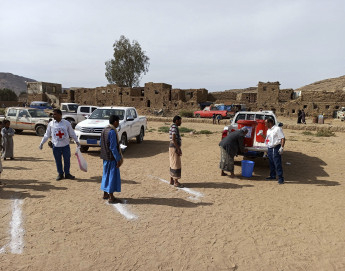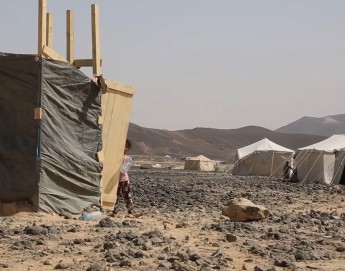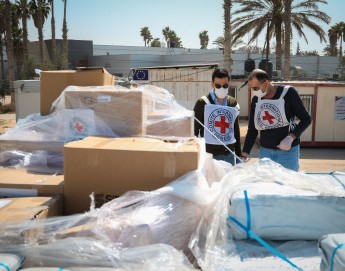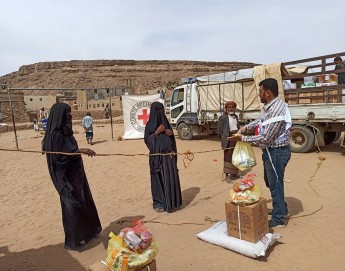Yemen: Millions struggle to put food on table and must choose between food or medicine

As-delivered by Laetitia Courtois, Permanent Observer and head of delegation, ICRC New York
After what you have heard today and in recent weeks on the unfolding calamity in Yemen, you might think the lives of Yemeni's could not be getting any worse. But, yes, they can, and frankly, if drastic action is not taken soon it will be a disaster.
Violence is intensifying. This means more misery for people, many of whom already lack access to basic services. People are forced to flee their homes and abandon their belongings. Women and children are going against the local cultural practices and entering the workforce to support their families. The devastating floods add even more to this mountain of burdens.
On the ground, my colleagues are witnessing a tragic situation spiral. We hear from families that live in their cars because they can no longer afford to pay their rent, or patients who only take half of their prescribed medicine because there isn't enough available or they simply cannot afford it.
Millions struggle to put food on the table and they must choose between food or medicine. They cannot have both.
Most medical facilities are non-functional. The few medical and food convoys able to arrive are routinely delayed and obstructed.
This is the situation for the 24 million people – 80 per cent of Yemeni's population: they are reliant on aid. And the situation is moving from bad to unimaginable.
A political breakthrough is needed. The humanitarian situation will not change overnight, since so much of Yemen is fragmented – the health system, agriculture, and the economy. With a political breakthrough the first step to halt the downward spiral will have been made. The ICRC and the Red Cross Red Crescent Movement will continue to play its part. But make no mistake, the rebuild – both physically and mentally – will take decades.
We need to start now.




